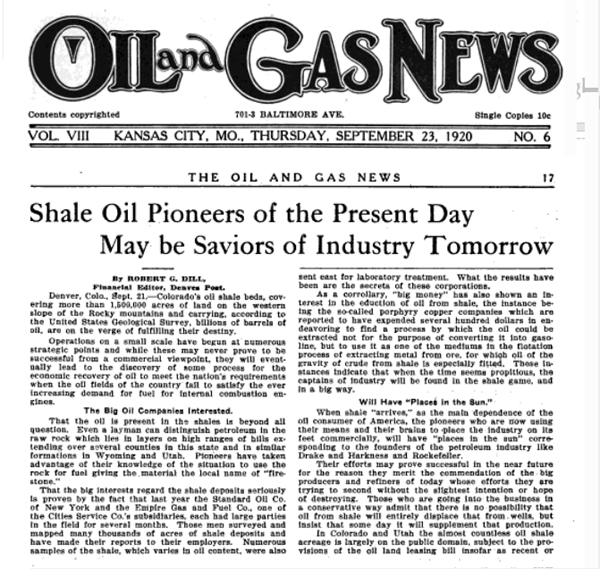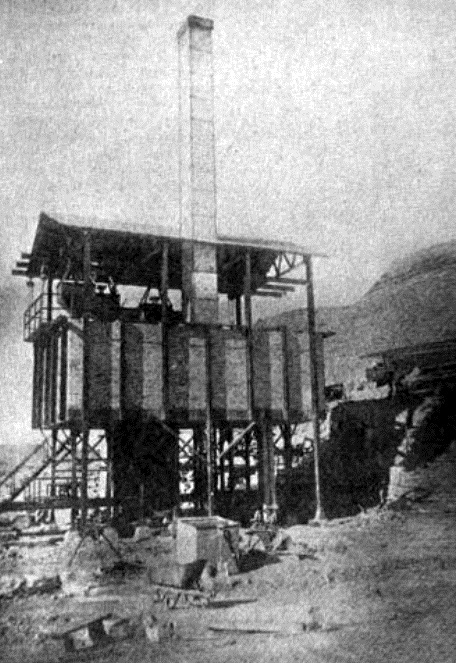
U.S. Senate
See Full Big Line
(D) J. Hickenlooper*
(R) Somebody
80%
20%

Governor
See Full Big Line
(D) Phil Weiser
(D) Joe Neguse
(D) Jena Griswold
60%
60%
40%↓

Att. General
See Full Big Line
(D) M. Dougherty
(D) Alexis King
(D) Brian Mason
40%
40%
30%

Sec. of State
See Full Big Line
(D) A. Gonzalez
(D) George Stern
(R) Sheri Davis
50%↑
40%
30%

State Treasurer
See Full Big Line
(D) Brianna Titone
(R) Kevin Grantham
(D) Jerry DiTullio
60%
30%
20%

CO-01 (Denver)
See Full Big Line
(D) Diana DeGette*
(R) Somebody
90%
2%

CO-02 (Boulder-ish)
See Full Big Line
(D) Joe Neguse*
(R) Somebody
90%
2%

CO-03 (West & Southern CO)
See Full Big Line
(R) Jeff Hurd*
(D) Somebody
80%
40%

CO-04 (Northeast-ish Colorado)
See Full Big Line
(R) Lauren Boebert*
(D) Somebody
90%
10%

CO-05 (Colorado Springs)
See Full Big Line
(R) Jeff Crank*
(D) Somebody
80%
20%

CO-06 (Aurora)
See Full Big Line
(D) Jason Crow*
(R) Somebody
90%
10%

CO-07 (Jefferson County)
See Full Big Line
(D) B. Pettersen*
(R) Somebody
90%
10%

CO-08 (Northern Colo.)
See Full Big Line
(R) Gabe Evans*
(D) Yadira Caraveo
(D) Joe Salazar
50%
40%
40%

State Senate Majority
See Full Big Line
DEMOCRATS
REPUBLICANS
80%
20%

State House Majority
See Full Big Line
DEMOCRATS
REPUBLICANS
95%
5%
 May 25, 2018 11:08 AM UTC
May 25, 2018 11:08 AM UTC 7 Comments
7 Comments




SSDD
Try writing about it for 10 years…
We do appreciate your writing and activism. This article was well-written and had some good talking points:
The reality that coal is too expensive to mine and too dirty to burn is, I think, percolating through brains here, even though my particular energy plant (Pawnee) is 100% coal-fired.
Maybe your second point – that renewables can replace natural gas – can be made as more people get jobs making and maintaining windmills.
I will call up Tipton and bug him about the Piceance Basin and the futility and wrong-headedness of digging up a beautiful area to crack rocks for fuel even though it probably won’t even work efficiently, since it never has. That was the sense I got from your article. I suppose this project is being promoted now because oil prices are rising (artificially, I would guess).
Keep on fighting the good fight and writing the good write.
PK–try 28 years.
…or maybe we could just double the capacity of our Steategic Petroleum Reserve by investing in a distributed, above ground advanced biofuels infrastructure that would give us both energy security and rural jobs?
I re-read the 2015 UCS article you linked to above. What's changed? Are there any large scale waste biomass operations in Colorado -recycling hemp stalks, or any other stalks for that matter?
Ed: I checked, found 2 commercial waste biomass plants in Co. there are probably more.
Just watch, some day our flying cars, our teleporters, and our jet packs will all be fueled by burning rocks! . . .
. . . there’s nothing more heart-of-the-great-american-west than a public lands/investment scam.
Fortunately, suckers (and bag men) are a fully renewable resource.